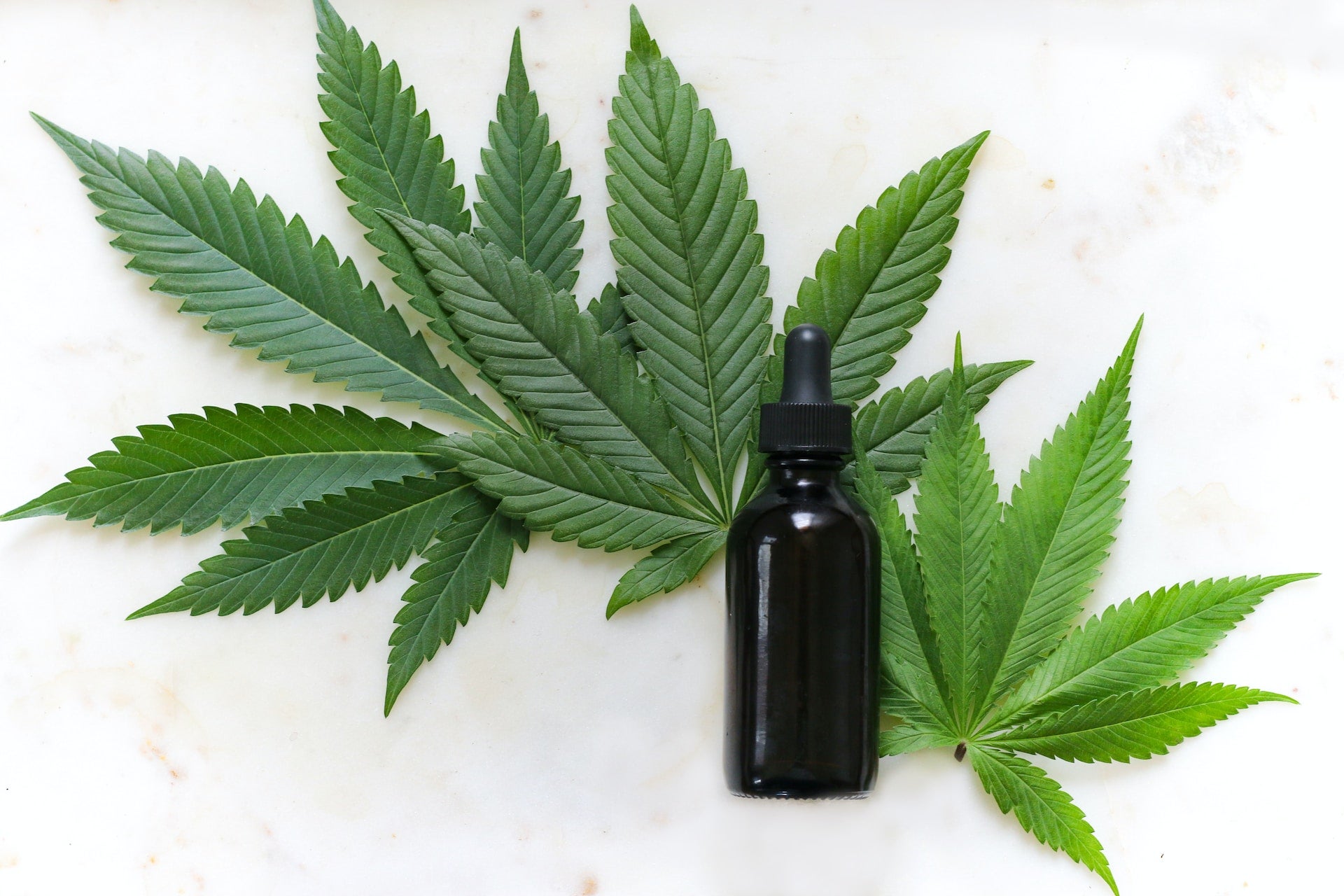- No Products In The Cart
- start shopping
How Long Does CBD Stay In Your System: What You Should Know

How Long Does CBD Stay In Your System: What You Should Know
If you’re uneasy about how long does CBD stay in your and worry about how it might impact drug tests and daily life, you’re not alone.
The apprehension can lead to hesitancy, potentially stopping individuals from experiencing the potential benefits of CBD.
These concerns are valid, as the duration of CBD in your system can vary widely based on several factors, including metabolism, dosage, and frequency of use.
Without proper knowledge, one might unknowingly face unexpected outcomes, which creates an unsettling experience.
This curiosity often stems from a desire to make well-informed decisions about CBD use, especially if you’re concerned about managing daily responsibilities or adhering to workplace regulations.
Therefore, we’ve crafted this guide to explain how long does CBD stay in your system and address common concerns.
If you’re unsure about the duration of CBD’s effect, read on and find the answer!
CBD and Its Uses
Cannabidiol, commonly known as CBD, is a compound found in hemp plants.
Over recent years, it has gained significant attention for its potential to provide relief for various conditions.
People use CBD in hopes of managing issues like anxiety, pain, and insomnia.
The body’s endocannabinoid system (ECS) plays a vital role in maintaining balance and regulating functions like mood, sleep, and pain. It consists of receptors located throughout the body.
When you use CBD, it interacts with the ECS, although not directly like other cannabinoids such as THC.
CBD is believed to influence the ECS to produce more of its natural cannabinoids and help them last longer.
This interaction is what many users believe to cause the beneficial effects associated with CBD.
CBD products come in various concentration percentages and forms to suit different percentages.
Interestingly, how long does CBD stay in your system also depends on the form you consume it in, so knowing about it is important.
Here are some forms in which CBD is consumed:
- CBD oils and tinctures
- CBD edibles
- CBD capsules
- CBD topicals
- CBD extracts
- CBD vapes
How Long Does CBD Stay In Your System?
Understanding how long CBD stays in your system is crucial, especially if you need to undergo drug tests or are concerned about the potential long-term effects.
The duration CBD remains in your system depends on various factors, including the form of CBD consumed, the dosage, and the frequency of use. Let’s address them one by one.
Elimination Half-Life of Highly Purified CBD Formulation
The elimination half-life of a substance is the time it takes for half of the substance to leave the body.
For highly purified CBD formulations, this half-life is around 14 to 17 hours.
Given that it generally takes about five half-lives for a drug to be eliminated from the system, CBD, in this case, is likely to stay in your system for approximately 85 hours, or around 3.5 days.
You should also note that these figures can vary from person to person.
Metabolism, age, and overall health play significant roles in determining how quickly CBD is processed and eliminated from the body.
Single Dose and Its Duration in the System
A study published in the Journal of Analytical Toxicology in 2020 sheds light on how long CBD can be detected in urine.
The study found that individuals who consumed a single dose of a standardized CBD formulation had detectable levels of CBD in their urine for four to five days after ingestion.
The detectable presence of CBD in urine for several days indicates that the compound is processed and eliminated over time rather than immediately.
This means that even after the effects of CBD have worn off, it can still be present and detectable in the body.
For people concerned about drug testing or those curious about how long the substance remains in their system, this information is invaluable.
CBD Sprays and Drops
As explained earlier, CBD forms impact how long it stays in your body, so drops and edibles would have different durations.
CBD sprays and drops, forms of CBD that are taken sublingually or added to foods, have a reported half-life of approximately 1.5 to 10 hours.
It implies that these forms of CBD can stay in the body for approximately 10 hours to about two days, depending on individual factors and the specific product used.
Oral Consumption
If you take CBD edibles, like gummies or capsules, the half-life of CBD can increase to 2 to 5 days.
It implies that regular users consuming CBD in these forms will have it in their systems for an extended period of 10 to 25 days.
Smoking CBD
If you smoke CBD pre-rolls or vape, the half-life is reported to be around 31 hours and stays in the system for about a week after smoking.
Smoking provides a fast way for CBD to enter the system, but it also means it may leave the system more quickly compared to other forms of consumption.
Factors Influencing the Duration of CBD in the System
Besides the form of CBD you consume, many other factors can influence its duration in your body. Here are some of them:
- Dosage and Frequency of Use
It’s understood that higher doses and more frequent use of CBD mean it will take longer for your body to eliminate it entirely.
So, to ensure that this compound doesn’t stay in your system for longer than you want, check how often you consume it.
- Metabolism
Metabolism plays a crucial role in determining how quickly your body breaks down and gets rid of substances, including CBD.
Factors like age, activity level, and overall health can influence your metabolic rate.
In general, a faster metabolism means CBD may leave your system more quickly, while a slower metabolism could result in a longer duration.
- Body Mass Index (BMI)
Generally, individuals with a higher BMI may have more fat cells in their body, which can store CBD and potentially lead to a longer duration in the system.
Conversely, those with a lower BMI might find that CBD is processed and eliminated more rapidly.
- Method of Administration
How you take CBD can greatly impact both how quickly it enters your bloodstream and how long it remains in your body.
For instance, when CBD is smoked or inhaled, it enters the bloodstream quickly through the lungs.
This method facilitates rapid absorption and also results in CBD leaving the body quicker.
If you’re looking for immediate effects and are not concerned about CBD staying in your system for an extended period, inhaling might be a suitable method for you.
Likewise, CBD oil can have a longer duration, 2-5 days, in the system as it provides a steadier release of CBD into the system, making it a good option for those who prefer a sustained effect over a longer period.
- Quality and Type of CBD Product
High-quality, pure CBD products are more likely to provide consistent results and have a more predictable duration in the system, and vice-versa.
CBD products are generally available in three types: full-spectrum, broad-spectrum, and isolate.
Full-spectrum CBD contains all the compounds found in the hemp plant, including a small amount of THC.
Broad-spectrum CBD also includes various combinations but typically has the THC removed.
CBD isolate, as the name suggests, is pure CBD with no other compounds from the hemp plant.
The type of CBD product you choose can influence how long it stays in your system.
Full-spectrum products may have a longer duration due to the entourage effect, where all the compounds work together, potentially leading to more prolonged effects.
General Guidelines on CBD Duration in the System
Understanding CBD usage is particularly crucial for individuals who undergo regular drug testing or those who are new to CBD and want to ensure they are using it safely.
Here are some general guidelines on how long does CBD stay in your system:
- Urine
Urine tests are among the most common drug tests, and they can detect CBD for up to 15 days after use.
However, this duration is not fixed as for occasional users, CBD might be detectable for a shorter period, whereas, for frequent users, it could stay in the urine for a longer duration.
- Blood
Blood tests for CBD are less common but can be used to detect current impairment or recent use.
Typically, CBD is detectable in blood for up to 5 days after use. However, in most cases, the concentrations of CBD in the blood drop significantly within the first few hours after use.
- Saliva
Saliva tests for CBD are even less common than blood tests and are typically not used in standard drug testing.
However, if a saliva test is conducted, CBD might be detectable for up to 72 hours after use. The exact duration can vary based on individual factors and usage patterns.
- Hair
Hair follicle tests are known for their ability to detect substances long after use, and CBD is no exception.
Like many other substances, CBD can be detected in hair follicles for up to 90 days after use.
It’s important to note that hair tests are not typically used to detect CBD and are more commonly used for substances like THC.
Final Notes
While CBD offers a range of potential benefits, its interaction with the body can vary significantly from person to person.
It is crucial to understand the different forms of CBD products and how they interact with the body’s endocannabinoid system.
The dosage, frequency, and method of administration, along with your metabolism and body mass index, all play crucial roles in determining how long CBD stays in your system.
By being mindful of these factors and choosing high-quality CBD products, you can reap the promised benefits of CBD.
Ultimately, the responsible use of high-quality CBD products is key to achieving the best possible outcome.
We hope this guide has helped demystify your CBD concerns.
FAQs
How long do the effects of CBD last?
Generally, the effects of CBD can be felt within 15 to 45 minutes when ingested sublingually, and they may last for 2 to 6 hours. However, if CBD is ingested orally through edibles, it may take longer to feel the effects, but they could also last longer.
Does CBD show up on a drug test?
CBD itself does not typically show up on standard drug tests, which most commonly screen for THC, the psychoactive compound in marijuana. However, some CBD products may contain trace amounts of THC, especially if they are labelled as full-spectrum CBD products. If enough THC is present in the product and consumed, it could potentially lead to a positive drug test result.
Can I take CBD with other medications?
It’s wise to consult with a healthcare professional before combining CBD with other medications. CBD can interact with certain medications, potentially altering their effects or leading to adverse reactions.
References:
https://www.ncbi.nlm.nih.gov/pmc/articles/PMC8223341/
https://www.aamc.org/news/cbd-does-it-work-it-safe-it-legal
https://www.healthline.com/health/how-long-does-cbd-stay-in-your-system#factors
